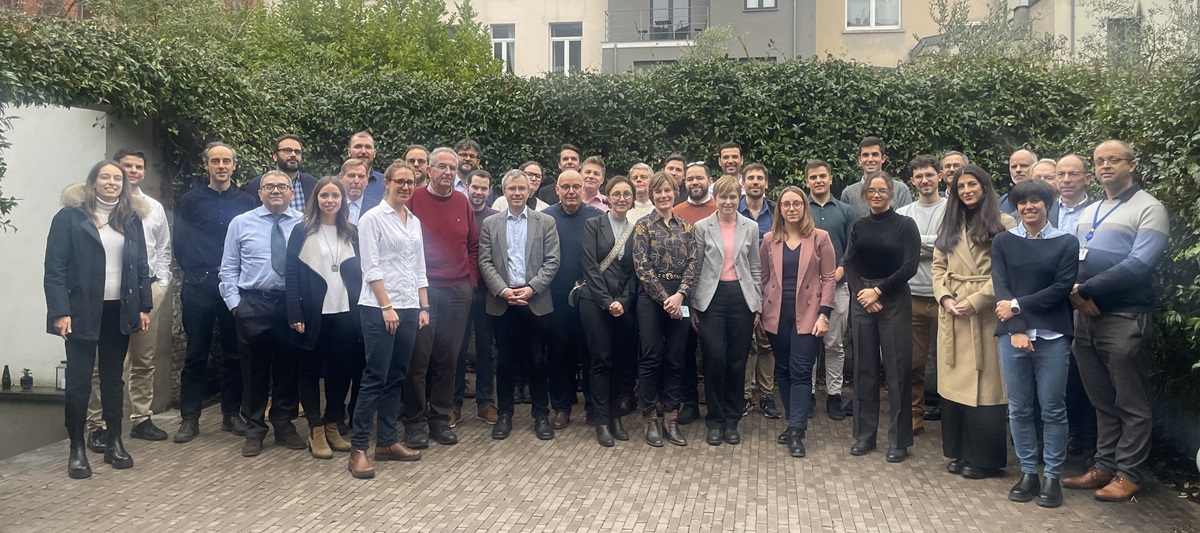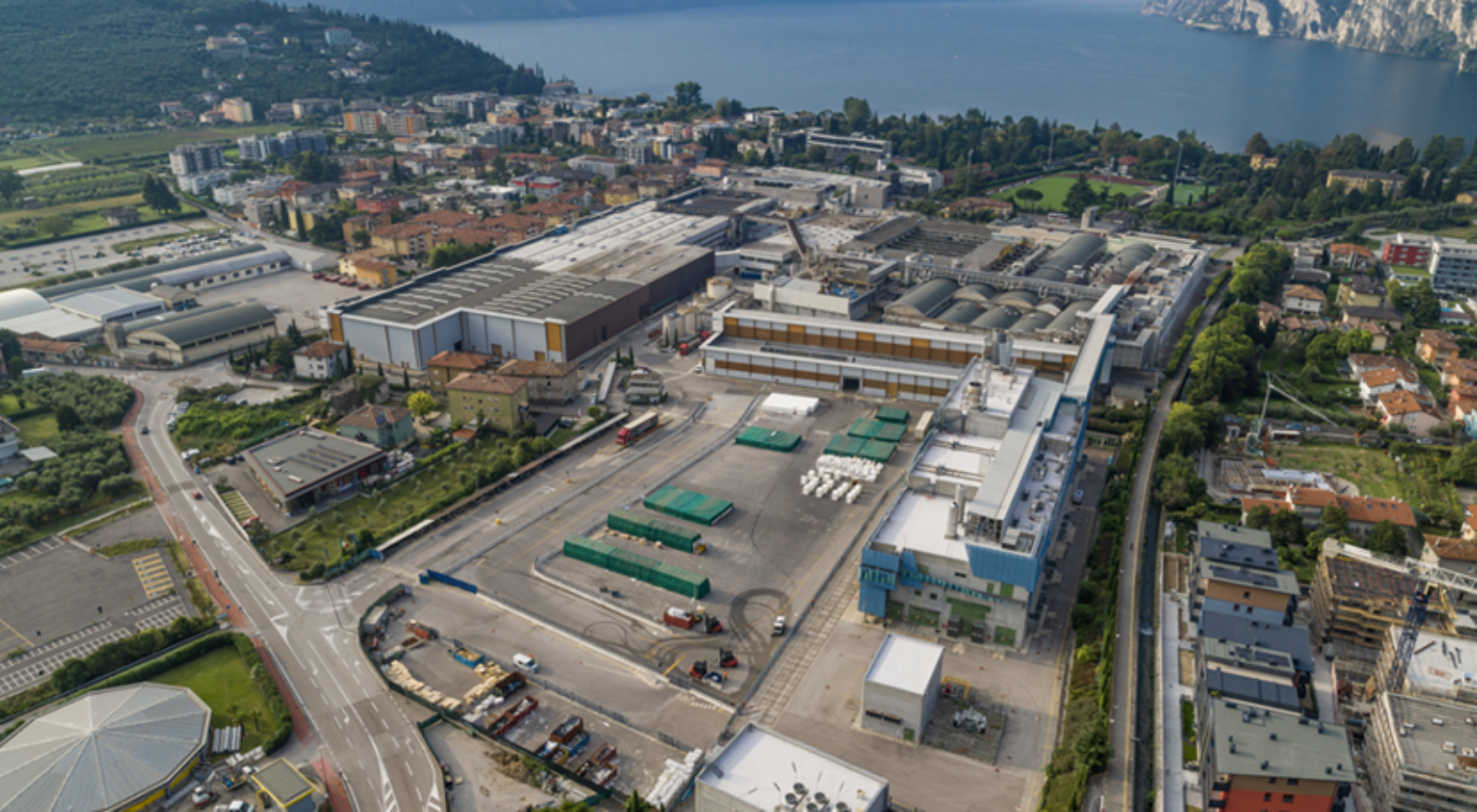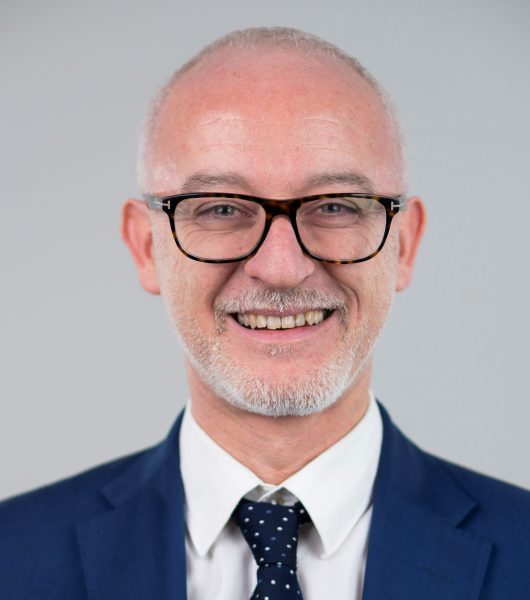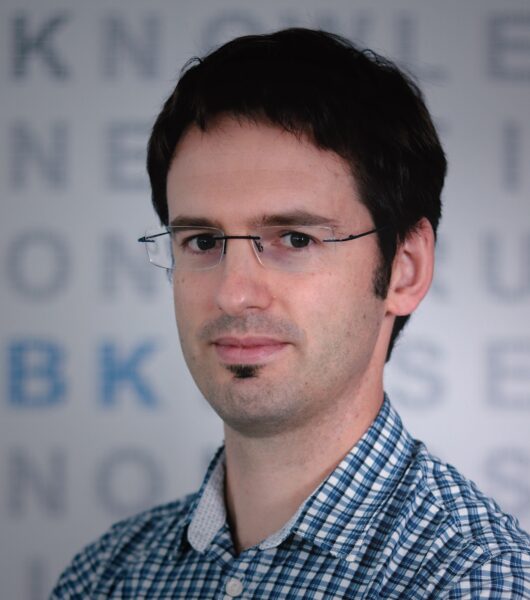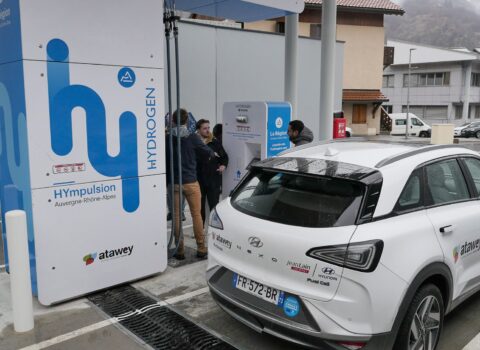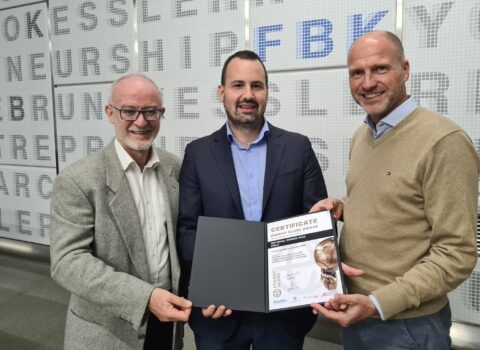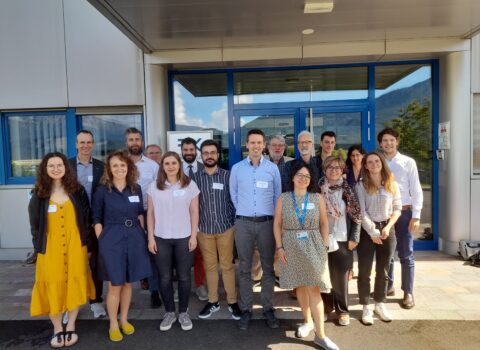
USES4HEAT project launched to enable the decarbonisation of European heating and cooling through innovative seasonal Thermal Energy Storage
The USES4HEAT project kicked off in December 2023 to enable decarbonised and reliable heating supply through innovative large scale seasonal thermal energy storage solutions.
The project “Underground Large Scale Seasonal Energy Storage for Decarbonised and Reliable Heat”, in short USES4HEAT, will demonstrate two innovative, cost-effective, large-scale seasonal underground thermal energy storage (TES) units to maximise the availability and resilience of heating supply, reducing significantly both energy losses and environmental impacts. The two TES units will be fully connected to large-scale district heating networks (DHN) able to accumulate various sustainable sources of heat (waste heat, solar thermal and hybrid, geothermal, power-to-heat).
Six additional key enabling innovative technologies ensuring maximal optimisation as well as sector and system integration will also be developed along the TES. AI, big-data analytics driven and cloud-based O&M algorithms will maximise the efficiency of the TES, ensuring a more reliable and efficient future heating system.
Today, residential, commercial and industrial heat needs below 150°C account for more than a third of the EU’s total energy demand and are mainly based on fossil fuels. Achieving a climate neutral economy by 2050, as set out in the European Climate Change Act and the European Green Deal, is a major challenge requiring the decarbonisation of European heating and cooling. In this sense, district heating and cooling is recognised as a key solution as it allows the integration of renewable energy sources and the use of various forms of excess and waste heat, while contributing to the stability and coupling of energy systems. To fully capitalise on this untapped high potential of DHN, the vast deployment and integration of large scale, seasonal TES solutions will be essential.
In line with the Horizon Europe’s (HE) Cluster 5 Strategic Plan, USES4HEAT is going to contribute to the “Clean and sustainable transition of the energy and transport sectors towards climate neutrality facilitated by innovative crosscutting solutions” developing and demonstrating solutions which could be exploited also for other sectors. USES4HEAT has received more than 9.7 million euros in funding from the EU’s HE Programme and will run from December 2023 to November 2027.
Coordinated by KTH Royal Institute of Technology (Sweden), the USES4HEAT outstanding consortium is composed of 27 partners spanning the entire innovation value chain from all over Europe: Kungliga Tekniska Hoegskolan (Sweden), Svenska Miljöinstitutet AB (Sweden), Università degli Studi di Genova (Italy), Fundación CARTIF (Spain), Fondazione Bruno Kessler (Italy) – through the Center for Sustainable Energy, Chalmers University of Technology (Sweden), Haflsund Oslo Celsio (Norway), Hallingplast AS (Norway), Bengt Dahlgren Stockholm Geo AB (Sweden), Absolicon Solar Collector AB (Sweden), Cartiere del Garda S.p.A (Italy), Alto Garda Servizi S.p.A. (Italy), Alto Garda Power S.r.l (Italy), HiRef S.p.A. (Italy), Energenius S.r.l. (Italy), HYDRA S.r.l. (Italy), Endef Engineering (Spain), Euroheat & Power AISBL (Belgium), Energy Institute Hrvoje Požar (Croatia), Hrvatska Elektroprivreda Dionicko Drustvo (Croatia), Yugoiztochnoevropeyska Tehnologichna Kompania ood (Bulgaria), AquaTonic Ltd. (Bulgaria), Smart Sustainable Social Innovations Single Member P.C (Greece), Ethniko Kentro Erevnas Kai Technologikis Anaptyxis (Greece), Dimotiki Epicheirisi Ydrefsis Kai Apochetefsis Kozanis (Greece), Kvarnholmen Utveckling AB (Sweden), and Veolia (Spain).
In the project, FBK will be in charge of several activities. First of all, FBK will be the scientific leader of the Demo Riva del Garda in Italy.
The demo will see the involvement of important local industrial stakeholders as Cartiere del Garda, Alto Garda Power and Alto Garda Servizi, and will focus on the integration of the following technologies:
- New seasonal, large-scale, ATES via advanced drilling technologies – provided by the partner HYDRA;
- New groundwater heat pump at high temperature, low GWP and ATES/DH-connected by HIREF;
- Hybrid solar panels provided by ENDEF;
- Intelligent energy management via AI, big-data and cloud-based tools by Energenius.
Furthermore, the FBK-SE will be leading and involved in several activities, among others:
- Baseline monitoring and demonstration planning;
- Heating and cooling decarbonisation modelling via geospatial mapping and dynamic multi-objective optimization;
- Dynamic/transient modelling;
- Layout definition and engineering;
- Experimental campaign and critical assessment.
Luigi Crema, Director of the Center for Sustainable Energy of Fondazione Bruno Kessler, outlined that “USES4HEAT is yet another contribution of the Center SE to the territorial innovation of the Province of Trento. Over the last 3 years, the Center SE, through the Sustainable Territories Area, has contributed approximately 7.5 million euros of European funding to local demo sites (e.g. in the EU projects InCUBE, FLEXIndustries, COMMUNITAS, NEVERMORE, LIFE-ECOEMPOWER). As FBK we are going to support the territorial innovation with additional projects and efforts in the coming years, including electrification, use of green carriers such as hydrogen and looking for the Net Zero in the future decades.”
Diego Viesi, Head of the Sustainable Territories Area at the Center for Sustainable Energy of Fondazione Bruno Kessler, stated that:
“USES4HEAT represents yet another concrete contribution by FBK in attracting European funding to the Autonomous Province of Trento. This funding is supporting innovative research projects for the local energy transition. USES4HEAT in particular represents a crucial challenge such as the large-scale decarbonisation of the industrial and district heating sectors, with technologies such as heat pumps, geothermal and solar which have enormous but still little exploited potential.”
